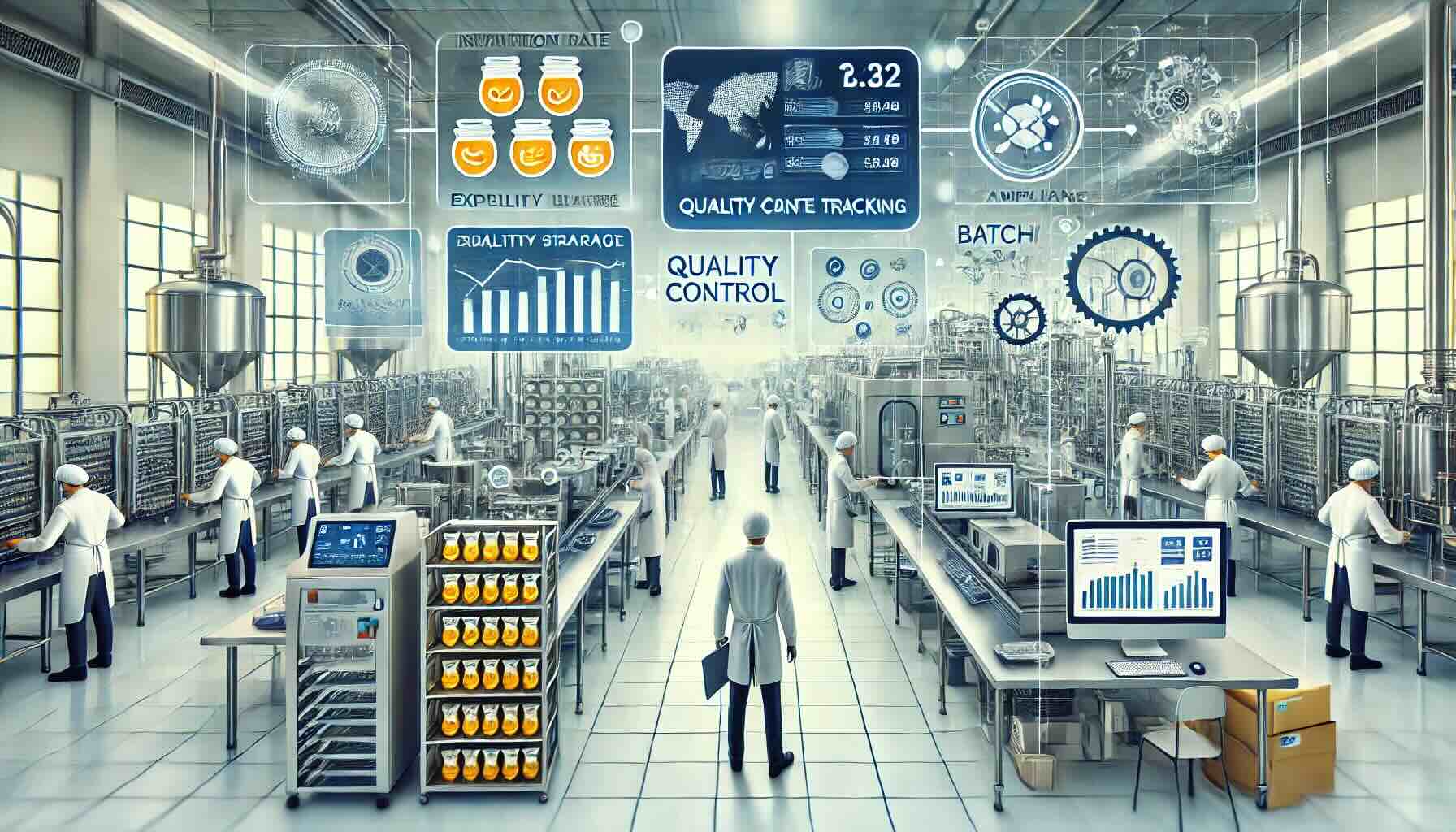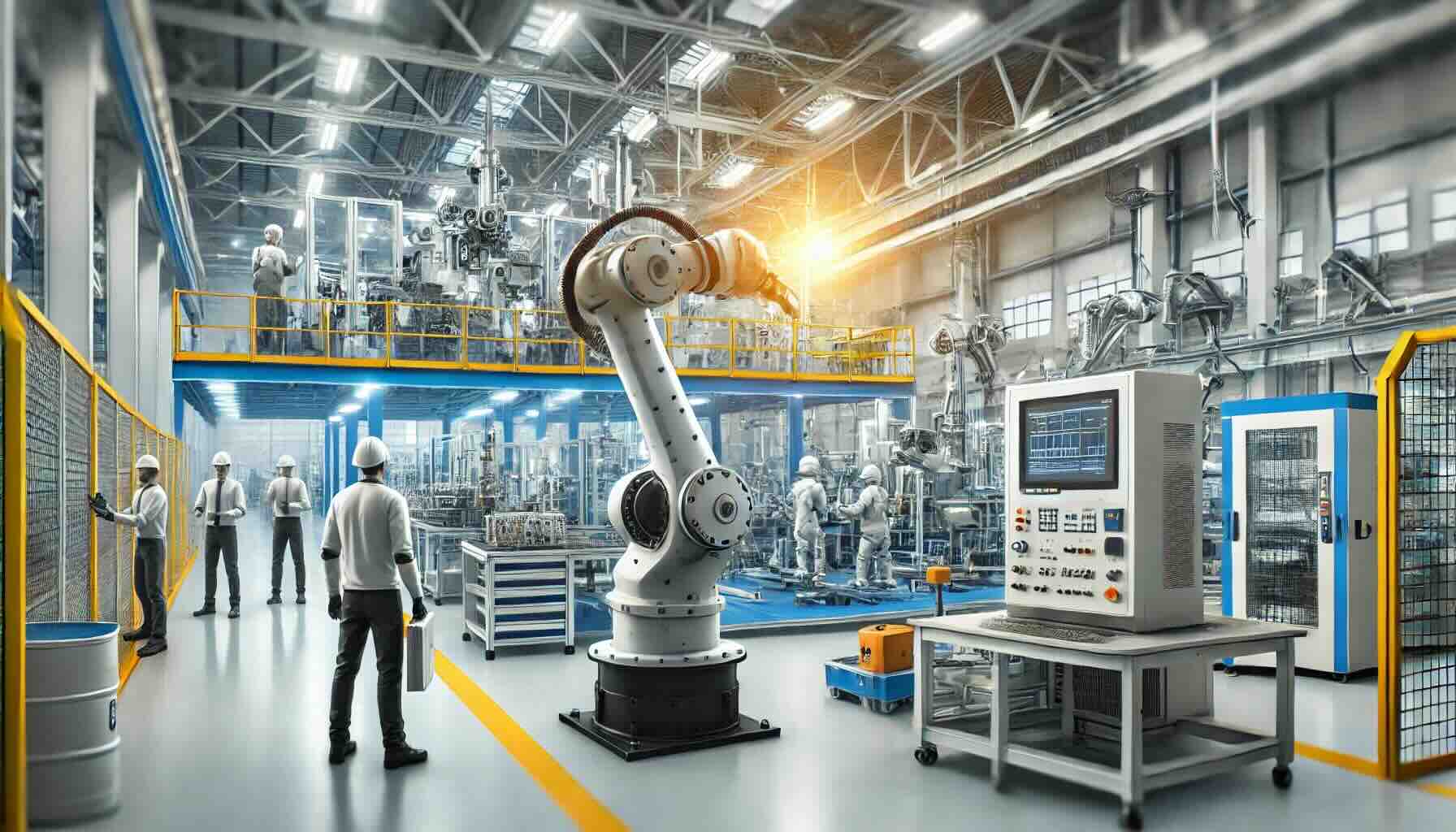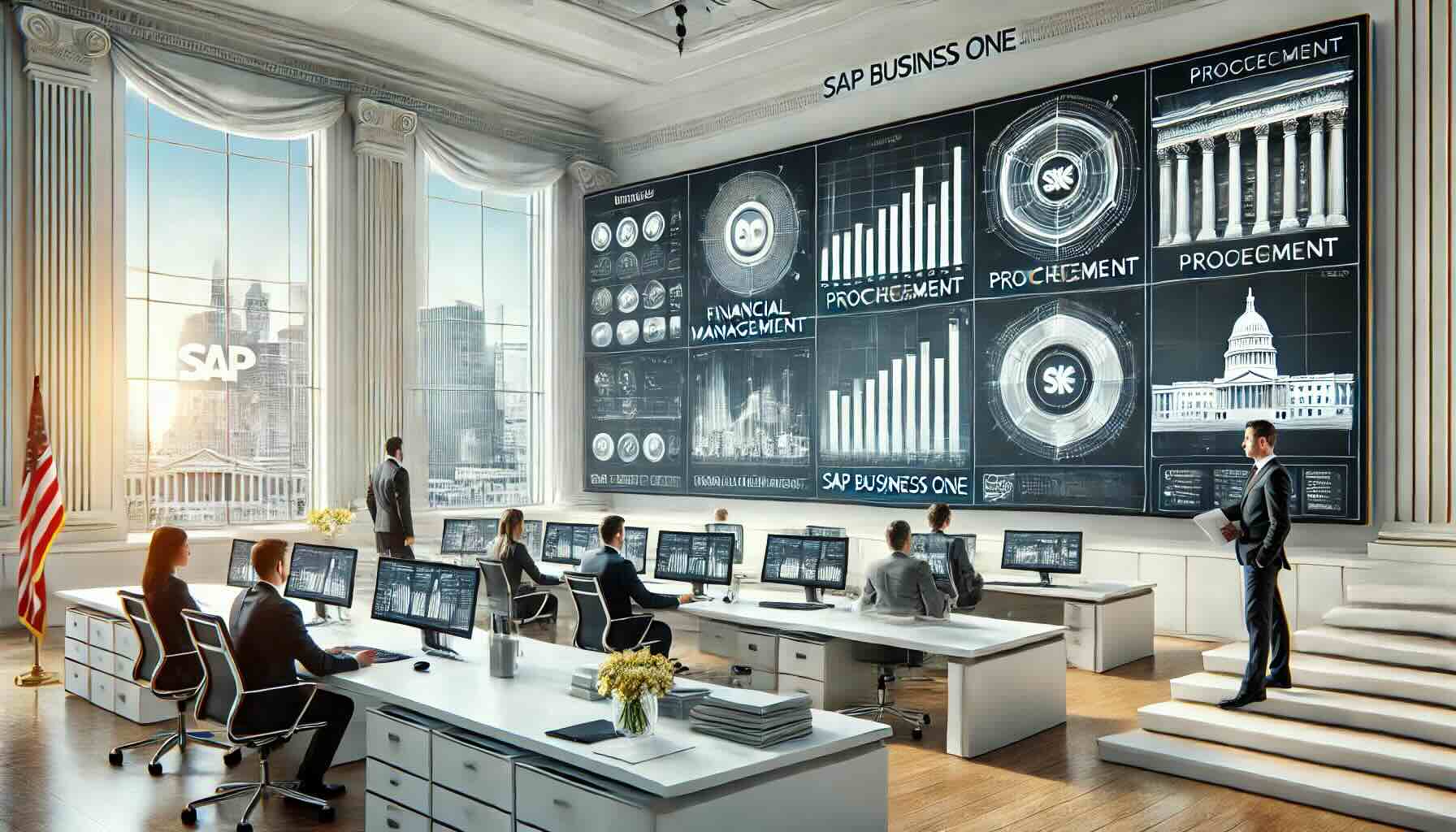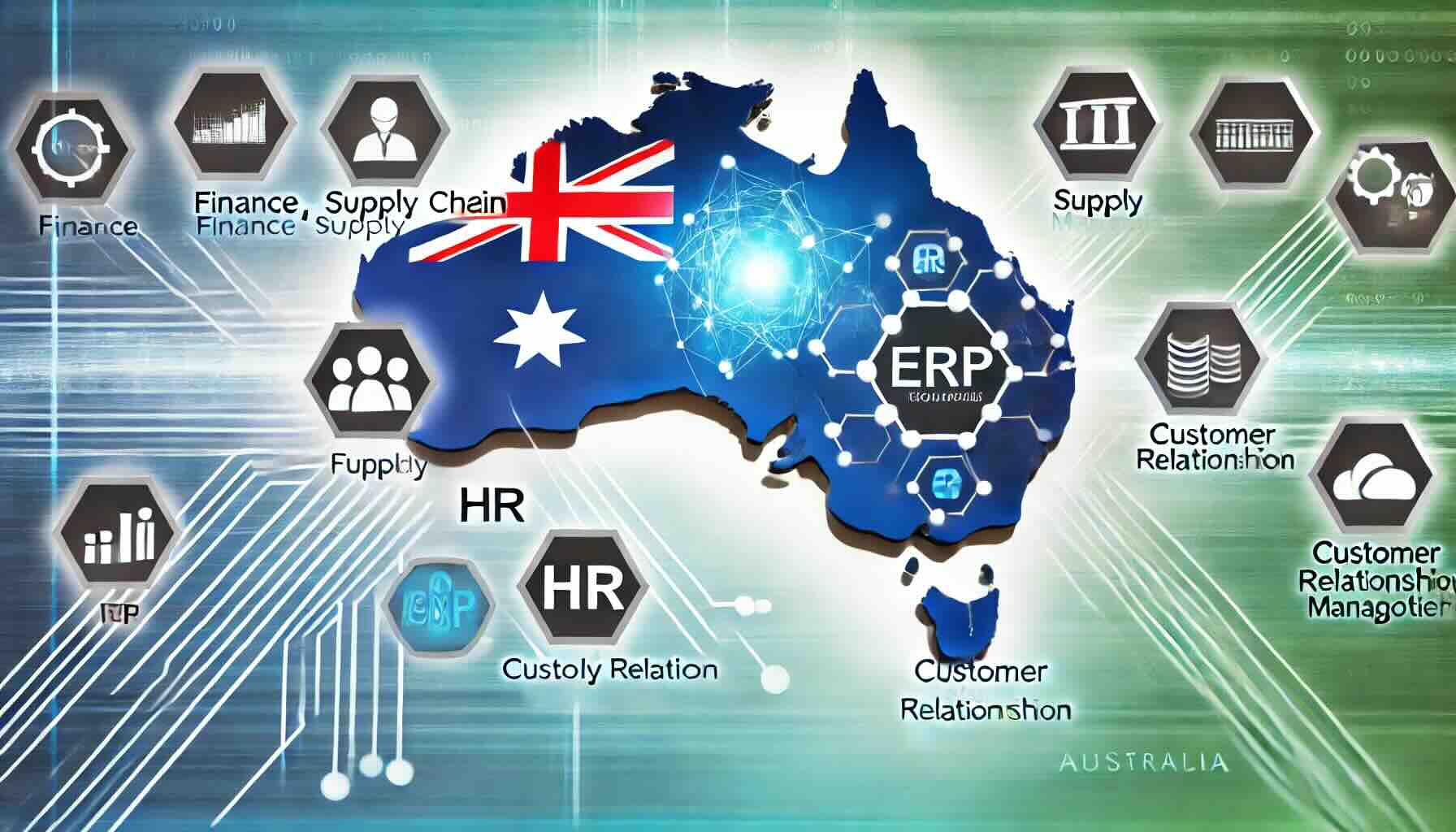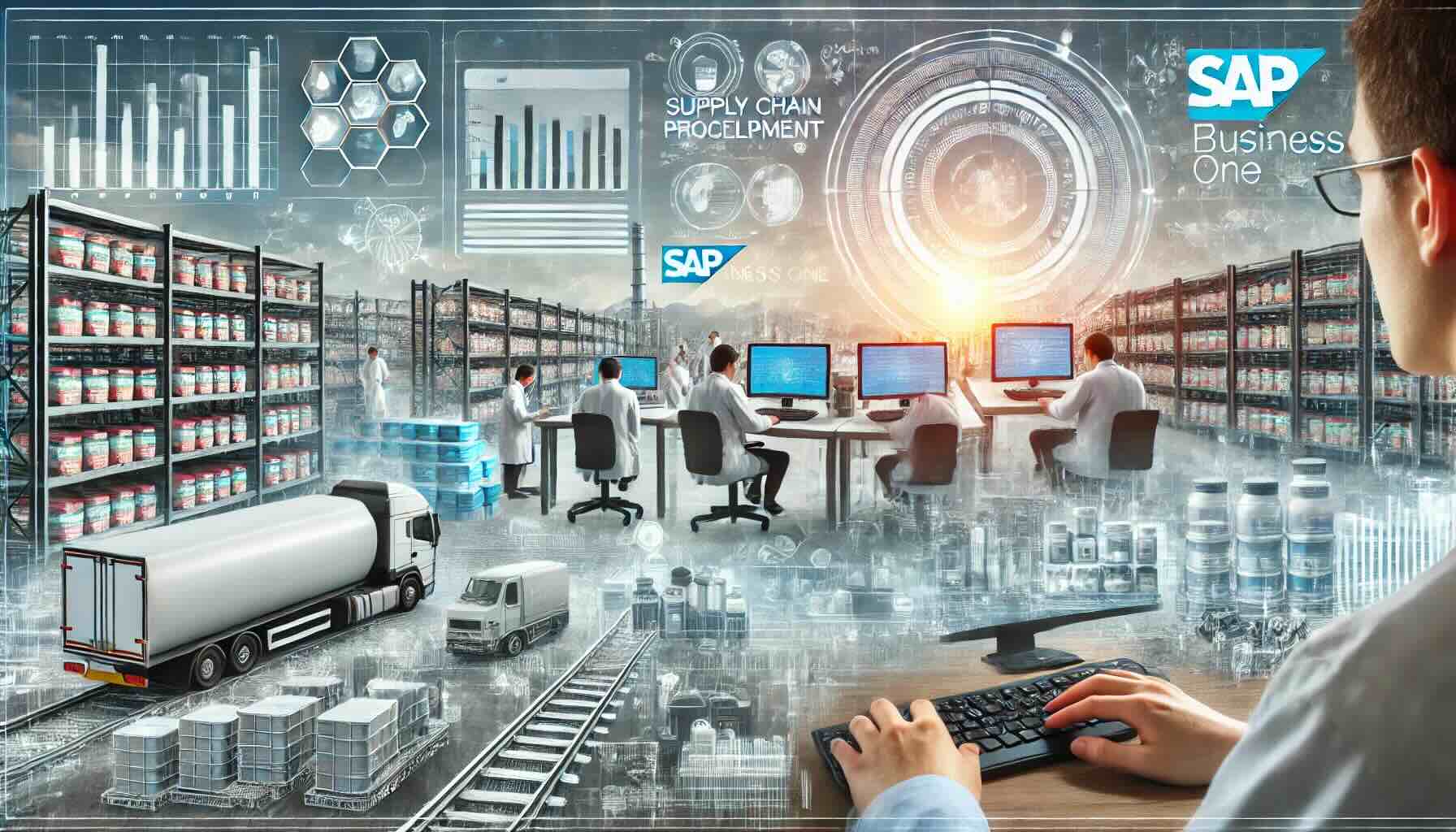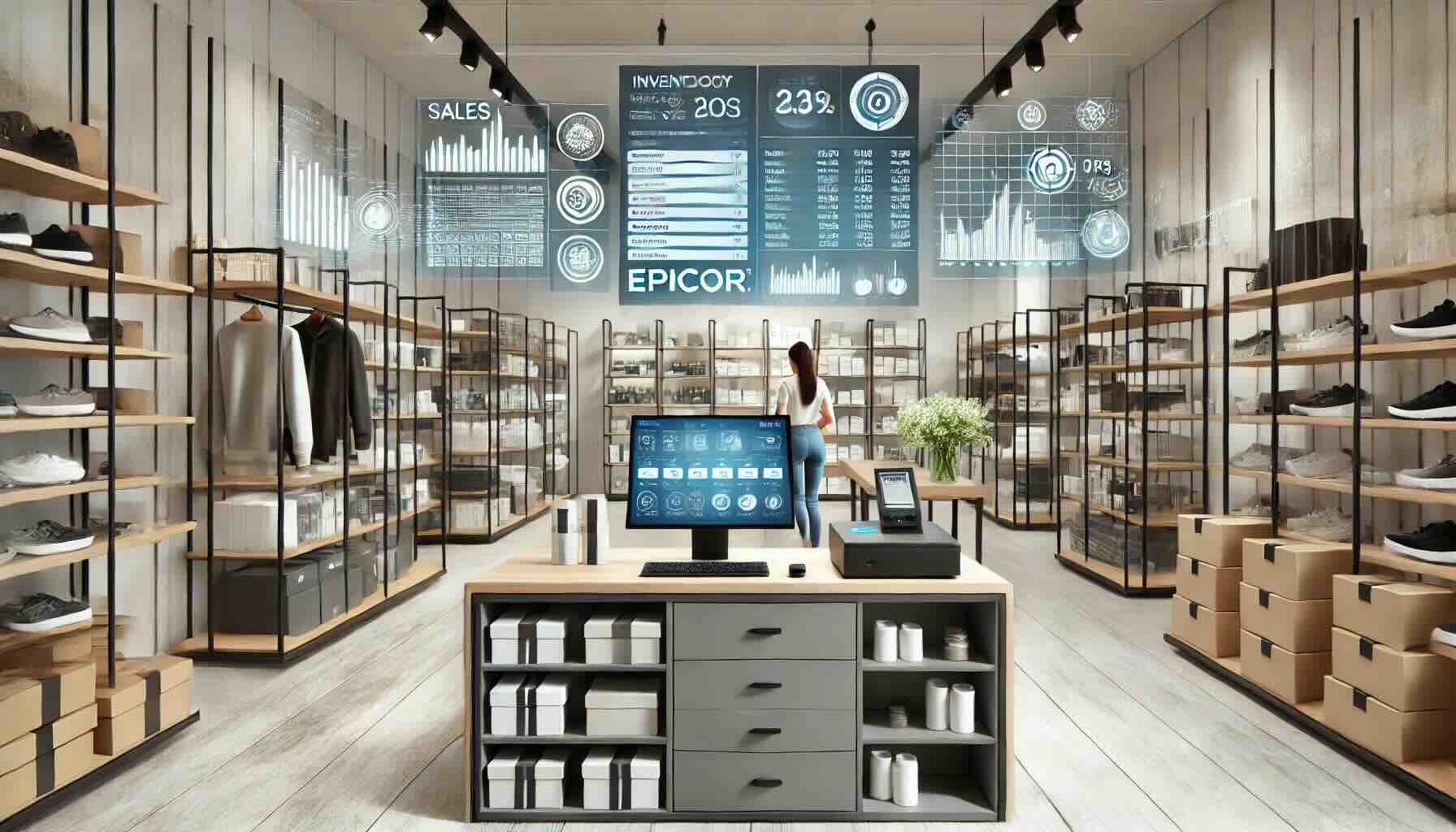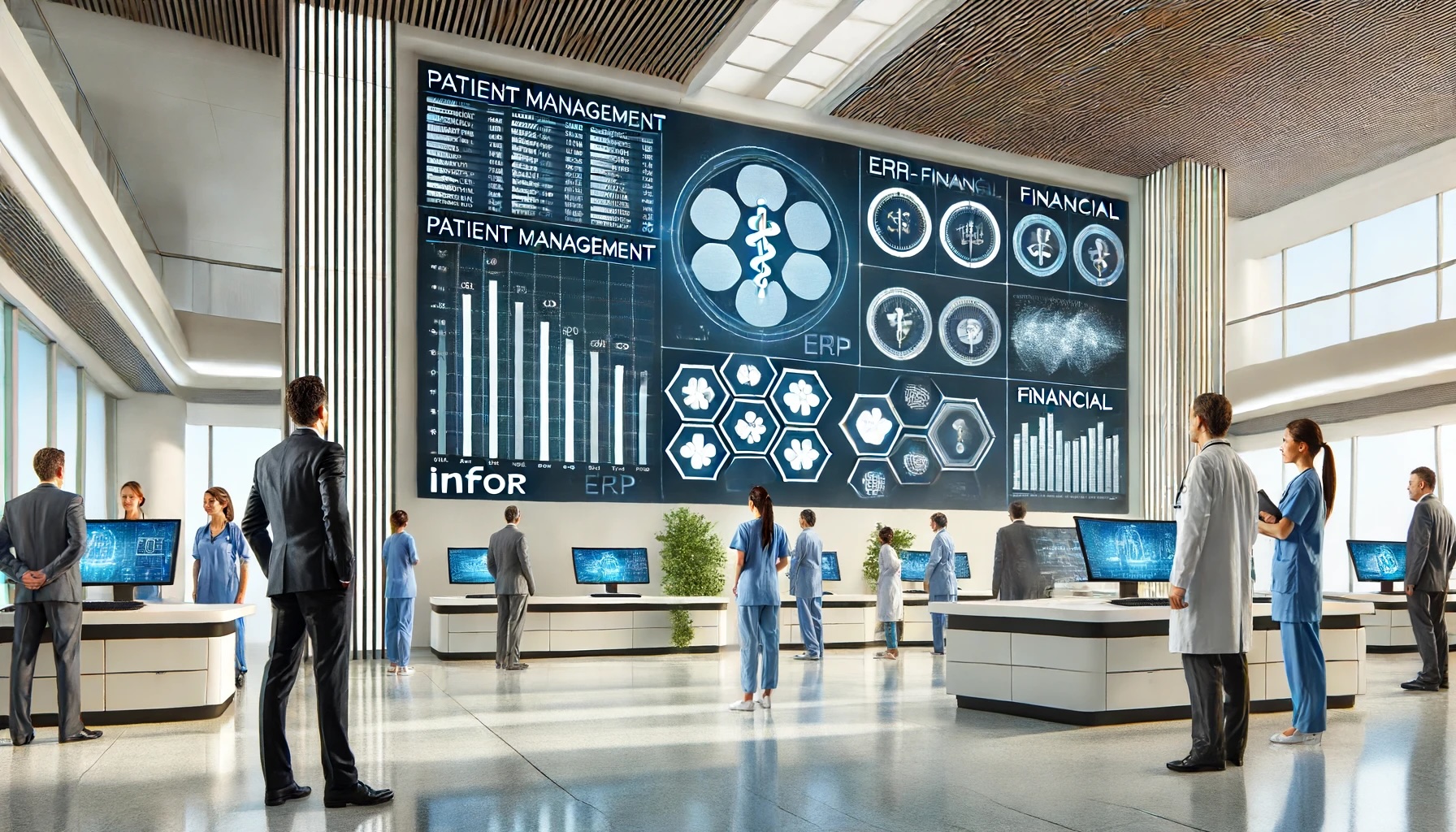Is QAD a Good Choice for Food and Beverage Businesses?
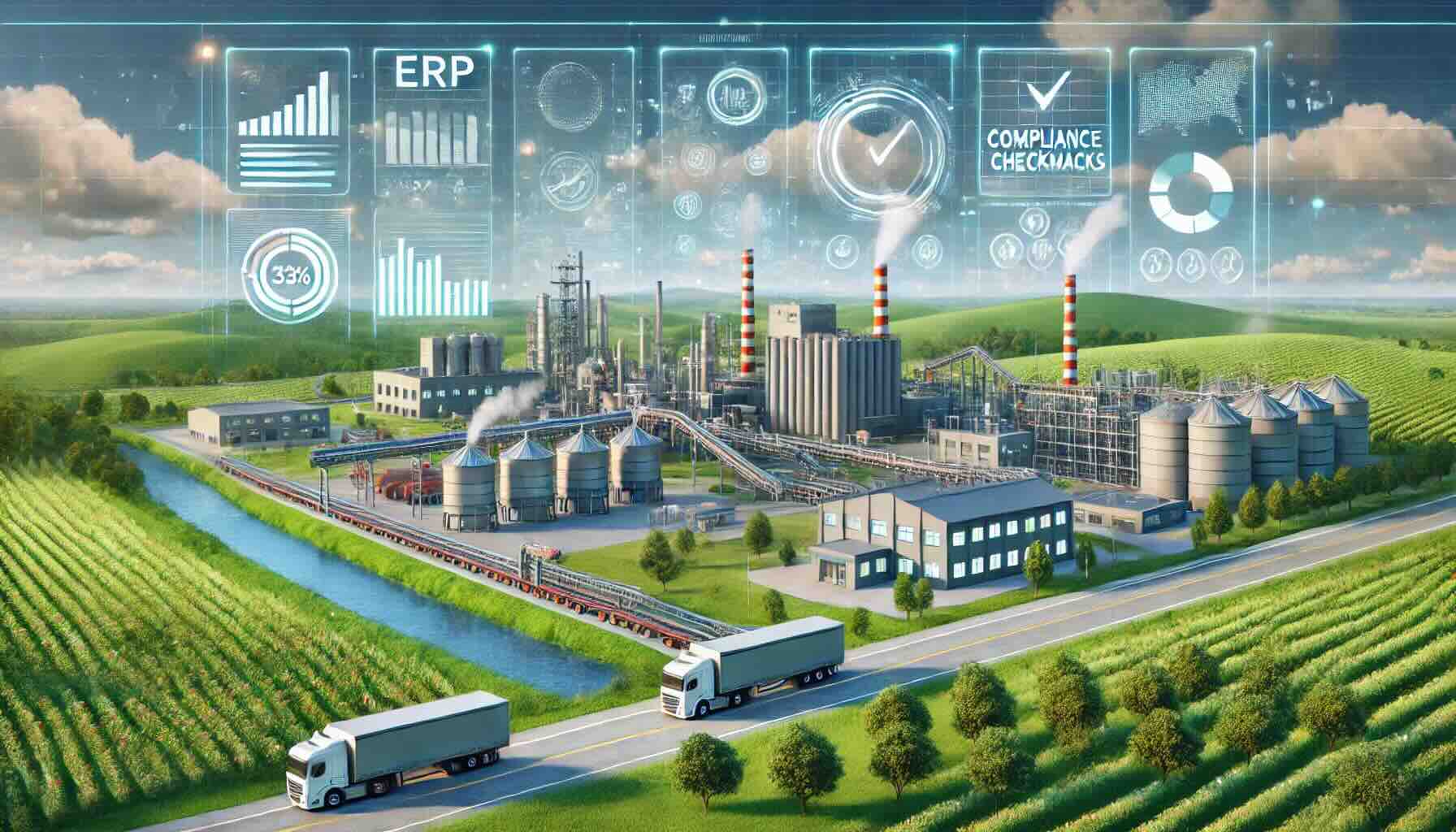
In the highly competitive food and beverage industry, businesses face unique challenges: strict regulatory compliance, fluctuating consumer demand, supply chain complexities, and pressure to ensure product quality and safety. To navigate these challenges, many companies turn to specialized Enterprise Resource Planning (ERP) systems. Among the many options available, QAD for Food and Beverage stands out as a tailored solution designed to meet the sector’s specific needs. But is QAD the right choice for your business? Let’s explore its features, benefits, and considerations.
What is QAD?
QAD (Quality Application Development) is an ERP software provider with a focus on manufacturing and supply chain industries. Its adaptive ERP solution is highly customizable and scalable, making it a strong contender for businesses looking to modernize operations and enhance efficiency. For the food and beverage industry, QAD offers specialized functionality addressing critical needs like traceability, compliance, and demand planning.
Key Features of QAD for Food and Beverage Businesses
- End-to-End Traceability
Food safety regulations require manufacturers to maintain complete visibility across their supply chains. QAD excels in this area by enabling:- Real-time tracking of ingredients and finished products.
- Lot and batch management to pinpoint issues quickly.
- Detailed reporting for audits and certifications.
- Regulatory Compliance
With stringent standards from organizations like the FDA, USDA, and ISO, compliance is non-negotiable. QAD helps businesses:- Stay up-to-date with industry regulations.
- Automate documentation for audits.
- Reduce the risk of recalls through proactive quality management.
- Demand and Supply Chain Planning
The dynamic nature of consumer preferences makes accurate demand forecasting critical. QAD’s planning tools offer:- Forecasting models tailored to seasonal trends.
- Real-time adjustments to supply chain processes.
- Collaborative demand planning to align with suppliers and distributors.
- Production Scheduling and Quality Control
QAD ensures efficient operations by:- Optimizing production schedules to minimize waste and downtime.
- Monitoring quality metrics in real time to prevent defects.
- Facilitating lean manufacturing practices to enhance profitability.
- Cloud-Based Flexibility
Modern businesses require agility, and QAD delivers through its cloud-first design. Benefits include:- Access from anywhere, supporting remote operations.
- Scalability to accommodate business growth or seasonal surges.
- Lower IT costs by reducing the need for on-premises infrastructure.
Benefits of QAD for Food and Beverage Businesses
- Improved Operational Efficiency
By automating processes and integrating various departments, QAD reduces manual errors, accelerates workflows, and ensures better resource utilization. - Enhanced Customer Satisfaction
QAD enables companies to respond faster to market changes, ensuring timely delivery of high-quality products, which strengthens customer loyalty. - Minimized Risk of Recalls
With robust traceability and compliance tools, QAD helps businesses mitigate the risk of recalls, which can be costly and damage brand reputation. - Cost Savings
The streamlined processes and waste reduction facilitated by QAD translate directly into cost savings, allowing businesses to reinvest in innovation or expansion.
Considerations Before Choosing QAD
While QAD is a strong option for many food and beverage companies, it may not be the perfect fit for every business. Here are some factors to consider:
- Implementation Costs and Timeframe
ERP implementations can be complex and resource-intensive. Ensure that your business is prepared for the investment in both time and money. - Customization Needs
Although QAD is customizable, extensive modifications can add complexity. Assess whether QAD’s out-of-the-box features align with your requirements. - Training and Change Management
Transitioning to a new ERP system requires staff training and adaptation. Consider whether your team is ready for the shift and if QAD offers adequate support. - Scalability
While QAD is highly scalable, ensure that it aligns with your long-term business goals. If you’re planning rapid expansion or diversification, confirm that QAD can handle your evolving needs.
How Does QAD Compare to Other ERP Solutions?
Several ERP systems cater to the food and beverage industry, including SAP, Oracle NetSuite, and Microsoft Dynamics. Here’s how QAD stacks up:
- SAP: SAP offers robust tools but can be overly complex for small to mid-sized businesses. QAD provides a more user-friendly interface and faster deployment.
- Oracle NetSuite: While NetSuite is highly flexible, it may require additional customization to match QAD’s industry-specific capabilities.
- Microsoft Dynamics: Dynamics offers seamless integration with Microsoft products but may lack QAD’s deep focus on manufacturing and compliance.
QAD’s industry-specific features give it an edge for food and beverage companies focused on compliance, traceability, and operational efficiency.
Is QAD the Right ERP for Your Food and Beverage Business?
QAD’s ERP solution offers a powerful suite of tools designed specifically to address the challenges of the food and beverage industry. With features like end-to-end traceability, regulatory compliance, and advanced demand planning, it can help businesses streamline operations, mitigate risks, and meet customer expectations with greater efficiency.
However, selecting the right ERP requires careful consideration. Before making a decision, assess your company’s unique needs, budget, and readiness for implementation. With proper planning, QAD can be a game-changer in optimizing workflows and driving business growth.
To find out more about QAD you can visit this link.
If you’re evaluating ERP solutions, our AI-powered Compare ERP tool can simplify the process. In just five minutes, you’ll receive tailored recommendations based on millions of data points from 100+ ERP systems, completely free. Take the first step toward operational efficiency and long-term success today!
By conducting a thorough needs assessment and comparing options strategically, you can confidently choose an ERP solution that aligns with your business goals and supports sustainable growth.
